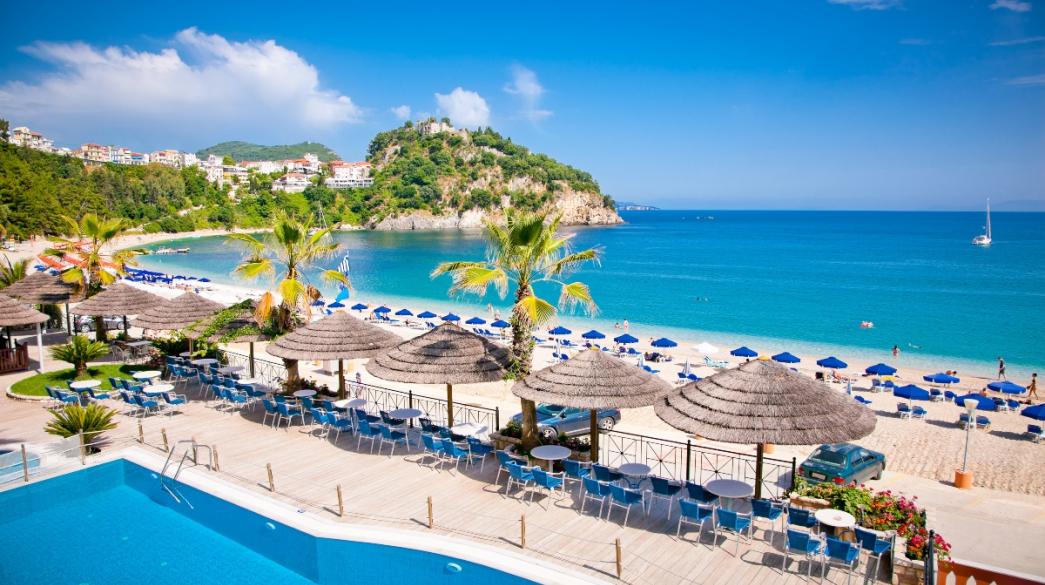Greek bank officials see the country's tourism sector coming under severe pressure from the pandemic and medium-term economic consequences as they prepare for a rise in loan arrears in an industry that has a high percentage of sour debt despite the industry's consistently strong growth in the last decade.
Lenders are conducting informal stress tests on businesses in the sector, adopting extreme negative scenarios, monitoring the financial strength of those that were large enough to have access to bank lending, rather than the smaller players who often deal in the shadow economy.
In particular, sources indicate that the extreme scenario of these informal stress tests predicts zero revenue for a hotel business for this year, while for 2021 the projected revenue is adjusted to 65 percent of income recorded in 2019. For 2022, the projected revenue is considered to amount to 85 percent.
Based on these extreme assumptions, the hotel business is not seen as having recovered by the end of 2022 but is forecast to show a 15 percent drop in revenue from 2019, the last good year for Greek tourism.
This theoretical stress test being conducted by banks in tourism businesses aims to reveal whether companies currently seeking loans or credit facilities from banks have viable guarantees to service their debt in the future and to limit, in this way, the granting of new loans to companies at high risk of not surviving the crisis.
Unprecedented shock
Banks estimate that the country's tourism sector will inevitably be led to an unprecedented shock this year, despite efforts by the government and businesses, with banks saying that tourism revenues of 6 billion euros this year would be a great success.
In the best-case scenario, it is estimated that two-thirds of 2019 revenues (18 billion euros) will be lost this season, causing such severe shocks that only a few businesses with a very strong financial base will be able to withstand it.
The ties banks have had with tourism business in recent years have been uneasy, despite the sector's rapid growth during Greece's ten-year crisis, with total tourism revenues of 150 billion euros, making banks turn to hotel businesses to issue loans and finance new investments.
Several large groups in the industry were already in the red and in conflict with banks, even during the good times for tourism. Banks have often suspected some large players in the sector as having kept revenues from tour operators hidden in bank accounts abroad while presenting local operations as barely getting by. This, of course, has been very hard to prove.
In recent years, however, bad debt in the sector has been decreasing. At the end of 2017, the percentage of non-performing exposure reached 42.4 percent, falling to 35.2 percent of 2018 and then to 31.4 percent in the first half of 2019.
Nontas Haldoupis









